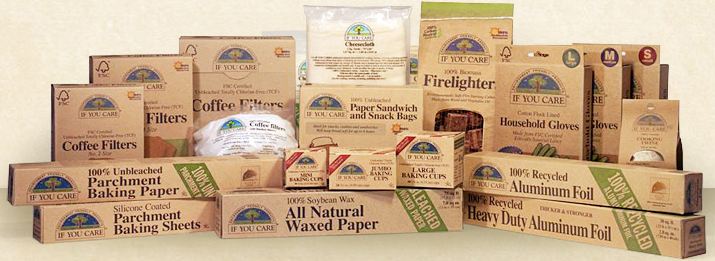Press Release: Six paths to make Extended Producer Responsibility fit for a circular economy
 For immediate release: Brussels, January 11, 2017
For immediate release: Brussels, January 11, 2017
Prior to the discussions on the waste directives at the European Parliament, Zero Waste Europe releases a position paper outlining the main challenges of current Extended Producer Responsibility (EPR) schemes and the solutions to make EPR a key tool for circular economy.
According to recent research (1), EPR schemes only manage to cover 31% of municipal solid waste and even these products which are covered are not necessarily successfully separately collected or recycled. At the same time, in most countries, EPR fees fail to take into account how products are designed, meaning that circularity is not incentivised.
Zero Waste Europe identifies six paths to improving EPR schemes in Europe so that there is a framework for circular products.
These EPR schemes should:
- Be expanded to cover more products
- Cover the full cost of products at the end of life
- Drive eco-design
- Support moving up the waste hierarchy
- Are agents for closed-loop sectors
- Bring greater transparency to waste management
Zero Waste Europe considers EPR schemes a key tool to bridge ecodesign and waste management and calls on to MEPs and Member States to implement the above guidelines.
“The current EPR tools are insufficient to meet the level of ambition set by a Circular Economy. Closing the material loops and keeping the value and the embodied energy in the system will require changing responsibilities, incentives and indicators; hence our 6 recommendations.” Said Ferran Rosa, waste policy officer at ZWE.
ENDS
FIND HERE THE POSITION PAPER
Contacts:
Ferran Rosa, Waste Policy Officer, [email protected] +32 470 838 105
Delphine Lévi Alvarès, Product Policy Officer, [email protected] +32 478 712 633